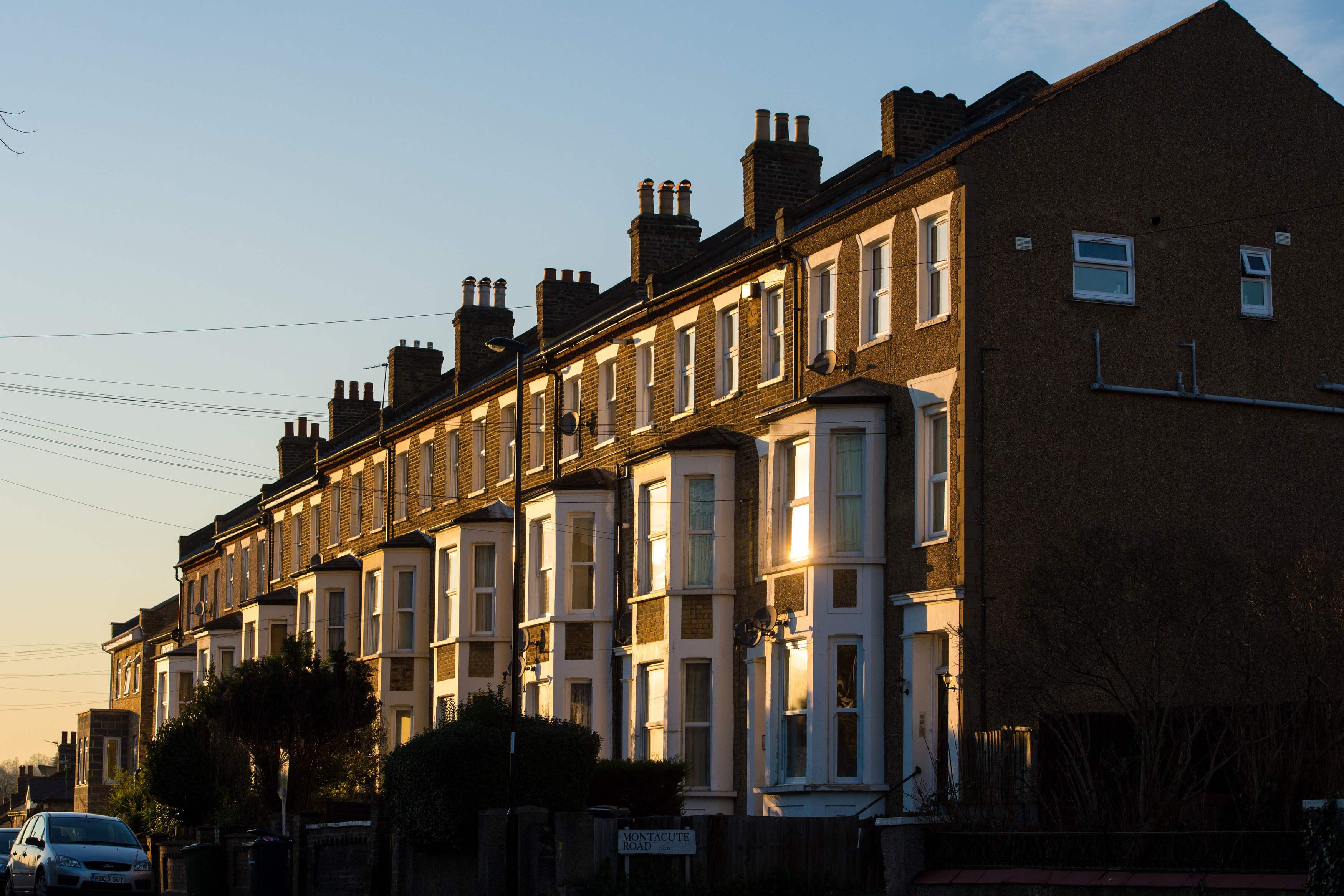Landlord repossessions almost doubled at end of 2022, charity says
Matt Downie of Crisis said the Government ‘cannot continue to look the other way’ as more people are forced into homelessness.

Your support helps us to tell the story
From reproductive rights to climate change to Big Tech, The Independent is on the ground when the story is developing. Whether it's investigating the financials of Elon Musk's pro-Trump PAC or producing our latest documentary, 'The A Word', which shines a light on the American women fighting for reproductive rights, we know how important it is to parse out the facts from the messaging.
At such a critical moment in US history, we need reporters on the ground. Your donation allows us to keep sending journalists to speak to both sides of the story.
The Independent is trusted by Americans across the entire political spectrum. And unlike many other quality news outlets, we choose not to lock Americans out of our reporting and analysis with paywalls. We believe quality journalism should be available to everyone, paid for by those who can afford it.
Your support makes all the difference.Landlords repossessed almost twice as many homes in the fourth quarter of last year compared to the same period in 2021, a homeless charity has said.
On Thursday, the Ministry of Justice (MoJ) released the latest figures on mortgage and landlord possessions in England and Wales, for October to December 2022.
These quarterly statistics are for possession claim actions in county courts by mortgage lenders and social and private landlords.
There were 5,409 landlord repossessions in this period, which Crisis noted was a 98% increase on the 2,706 recorded over the same stretch in 2021.
The devastating impact of the cost of living crisis, rising rents and low wages has once again been laid bare as thousands more renters are faced with eviction and the very real threat of being left with nowhere to go
Crisis said there were also 20,460 landlord repossession claims, 42% more than at the same time last year and 733 mortgage repossessions, a 134% increase on the fourth quarter of 2021.
This time last year, MoJ guidance noted the “passing of the Coronavirus Act in March 2020 and other policy responses led to unprecedentedly low levels of possession actions”, after the legislation delayed when landlords could evict tenants.
The Government has now said “today’s statistics show that overall mortgage and landlord possession claims remain below pre-pandemic levels”.
It comes as another homeless charity, Shelter, said the number of households living in privately rented homes in England who were evicted by bailiffs as a result of Section 21 proceedings has surged by 143% in a year.
Such evictions increased from 792 households between October and December 2021 to 1,924 over the same period last year, it said.
Shelter said 6,101 landlords in England started Section 21 no-fault eviction court proceedings between October and December 2022 – up 69% in a year, and 47% up on the same period in 2019 before the pandemic, and when the eviction ban, which was effective from March 2020 to May 2021, was put in place.
A Section 21 no fault eviction allows landlords to evict a tenant without having to give any reason, with two months’ notice but many renters move out before the notice period expires to avoid court action, Shelter said.
Crisis chief executive Matt Downie said: “The devastating impact of the cost of living crisis, rising rents and low wages has once again been laid bare as thousands more renters are faced with eviction and the very real threat of being left with nowhere to go.
“With rents rising at their fastest rate in 16 years, the Government cannot continue to look the other way as more and more people are forced into homelessness.”
Shelter’s chief executive, Polly Neate, added: “No fault evictions are pushing too many people needlessly into homelessness and turning thousands of people’s lives upside down.
“The Government has long promised it would scrap Section 21. Renters can’t wait any longer, the Renters’ Reform Bill is ready to go – it’s time the Government stopped stalling and changed the law.”
A Government spokesperson said: “We recognise that both renters and homeowners are struggling with the cost of living.
“Ensuring a fair deal for renters remains a priority for the Government.
“We will deliver our commitment to abolish Section 21 no-fault evictions as soon as we can in this Parliament – protecting 1.3 million families – and have provided £366 million for local councils to help prevent evictions and provide temporary accommodation.
“We are also taking action to support people with rising costs – our Energy Price Guarantee will save the typical household around £900 this winter, with a further £500 saving before April 2024, and we are providing payments of £1,200 to millions of the most vulnerable families.”